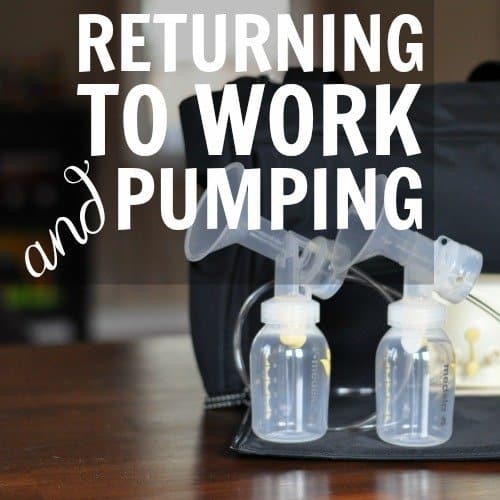As I was going through this, I wish I would have had the wherewithal to ask the questions that I never knew to ask. (Yeah, I'm not sure that makes sense either). I did a little bit of googling, but nothing really geared toward building and sustaining a relationship with your pump while at work. And a relationship it is.

So, here's all the stuff your mother never told you about pumping at work:
1. It's not all that much fun. Let's call a spade a spade. You're hooked up to a machine, by the breasts once or twice a day.
2. It is required - by law - that your workplace allow you to pump while at work. Here are the specifics (from the US Department of Labor's website). Four months after I finished my nursing experience, I still wish I knew some of these when I was going through it:
- Employers are required to provide “reasonable break time for an employee to express breast milk for her nursing child for 1 year after the child’s birth each time such employee has need to express the milk.”
- Employers are also required to provide “a place, other than a bathroom, that is shielded from view and free from intrusion from coworkers and the public, which may be used by an employee to express breast milk.”
- Employers are not required under the FLSA to compensate nursing mothers for breaks taken for the purpose of expressing milk. However, where employers already provide compensated breaks, an employee who uses that break time to express milk must be compensated in the same way that other employees are compensated for break time.
- While pumping, the employee must be completely relieved from duty OR compensation is required.
3. Eat and drink and then eat and drink some more. I know, I know. It's hard enough to just stay upright at work when you're sleep deprived and missing your kiddo. I didn't eat enough, my weight plummeted (it's not as glorious as it sounds, I promise) and my supply dropped. You may very well end up pumping during your lunch break. That's fine, but be sure to actually eat your lunch.
4. Speaking of lunch - for the first eight months of being back to work, I rode a little moped about six blocks to AK's school where I nursed her. Committed I was and I understand this is absolutely not possible for everyone. But, if it is, I would highly recommend it. It keeps you connected to your babe, gives you a little break and keeps your supply higher.

5. And while we're on the topic of supply... the pump is not nearly as efficient as your baby. Period. When I first started, I was pumping anywhere from 10 to 12 ounces once per day (in addition to the lunch feed). Please understand that this is higher than normal from what I have heard. By the end of the eight months, I was down to about four ounces once per day. It was shocking, but it is natural. To keep supply as high as possible:
- Relax. A sure-fire way to negatively impact your supply is to worry. So, stop that now.
- Put up a picture. Hang a cute (aren't they all cute?!) picture of your little one somewhere in your pumping area. It helps.
- Mother's Milk Tea. I'm not really sure how much it helped, but it made me feel better.
6. Storage. I recommend transferring your milk into plastic milk storage bags. It's easier to store and easier to transport. Any of these work just fine. You can do one of two things:
- Store it in a fridge somewhere. It'd be great if we all had our own private fridge at work, but that's not always possible. If you do use a public fridge, it's a nice idea to find something covert to store it in. I used an ice bucket that was not in circulation at my hotel. But, you could also use a lunch box or cooler.
- Store it in an insulated cooler. Use an ice pack and it will stay cool enough to get home and get into the fridge or freezer.
7. Turn the other way. There will be naysayers. There will be people who give you attitude or funny looks or whisper. Who cares, really? I held a pretty big job during AK's first year of life and I remained steadfastly committed to continuing our nursing relationship. And, am I ever glad I did. You don't have to explain anything to anyone about your choice. Congratulations for making this choice!

No comments:
Post a Comment